Picard Rewritten After Paramount Criticized It For Being Too Star Trek, That’s What We’re Dealing With
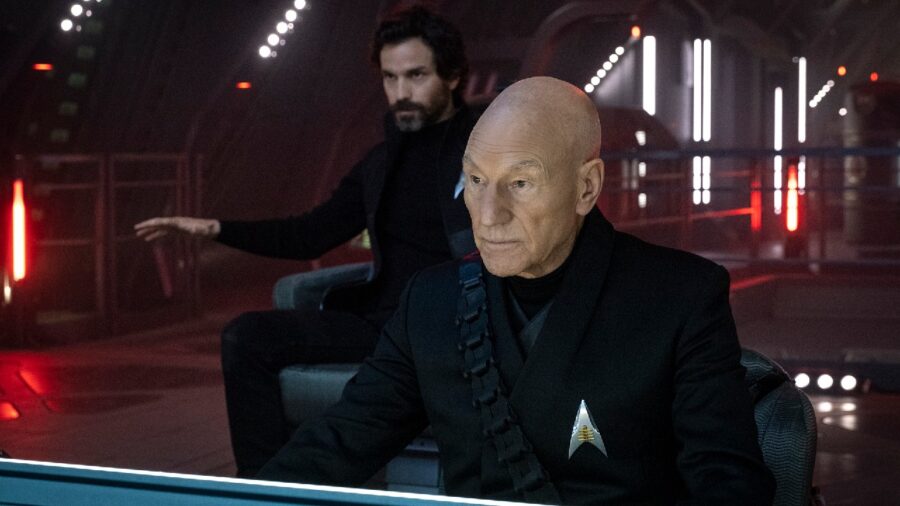
While Star Trek: Picard ended on a high note, it’s an open secret that the first season was rocky and the second season a complete mess. Fans kept wondering how season 2 could be so awful, and now I have an answer that is just as depressing as it is unsurprising. According to showrunner Terry Matalas, that season had to be extensively rewritten because Paramount said it was too much like Star Trek.
Picard Season 1 To Season 2
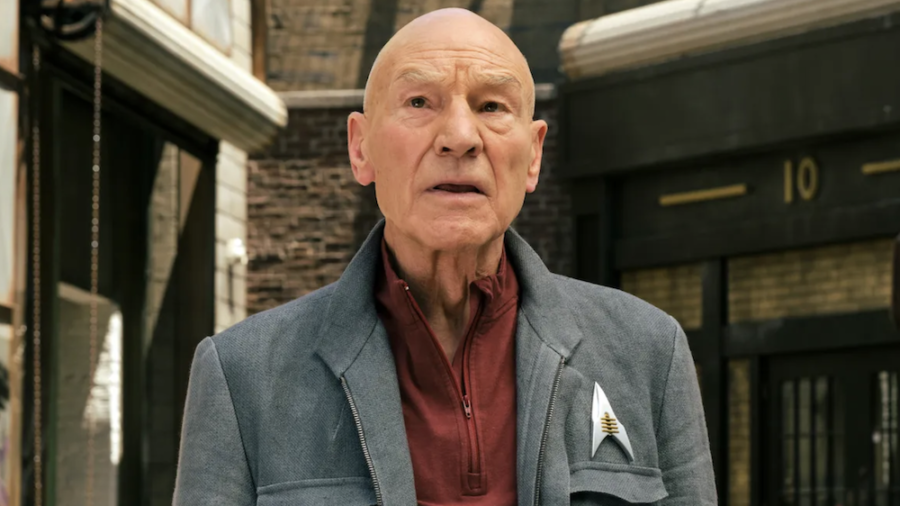
Interestingly, the biggest elements of the second Star Trek: Picard season were unaffected by studio interference.
Once Matalas came on board, he suggested two big ideas: that the season should involve time travel (the 21st-century setting would save on production costs) and that it should utilize Q (a character intimately tied to Picard). The network agreed with these ideas on “day one,” but crafting a stellar second season soon proved very difficult.
Matalas acknowledged that thanks to extensive rewrites, “There’s actually many, many different versions of season 2.”
He further asserts that “when you watch” the second season of Star Trek: Picard, “ I think you can kind of feel when you watch season 2 that there’s a lot of different ideas here.” This is a really edifying admission…I, for one, feel validated in knowing that this entire season of storytelling was just as disjointed and chaotic as I suspected it was.
Budgetary Concerns
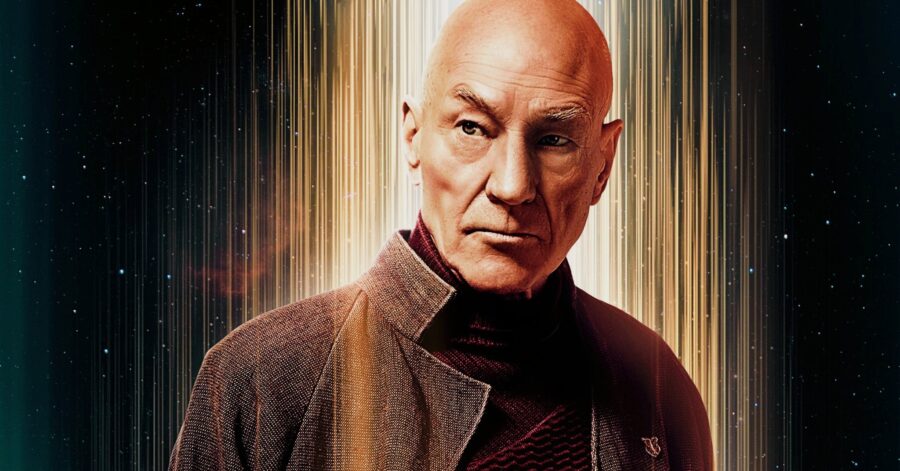
What caused all these rewrites, though? Unsurprisingly, one of the biggest forces was COVID-19.
The Star Trek: Picard showrunner acknowledged that “COVID beat us up” because “we had to try to find ways to make things cheaper.” Budgetary concerns were heightened because of union rules that clearly stated, “If one person on the crew got sick…you had to shut down.” And at one point, they lost an entire week of production time due to 50 people testing positive.
Even the most unhinged critics of Paramount can’t get too angry at the network for taking an abundance of precautions with the Star Trek: Picard production crew at the height of the COVID pandemic.
However, what has me absolutely steaming is that Malalas admitted Paramount made his team rewrite an entire season because “it’s a bit too in-Star Trek.” In a weird way this, too, is validating: like many fans, I have sometimes complained about NuTrek not feeling that much like the franchise I grew up with, and it sounds like Paramount is doing that on purpose.
Key Changes?
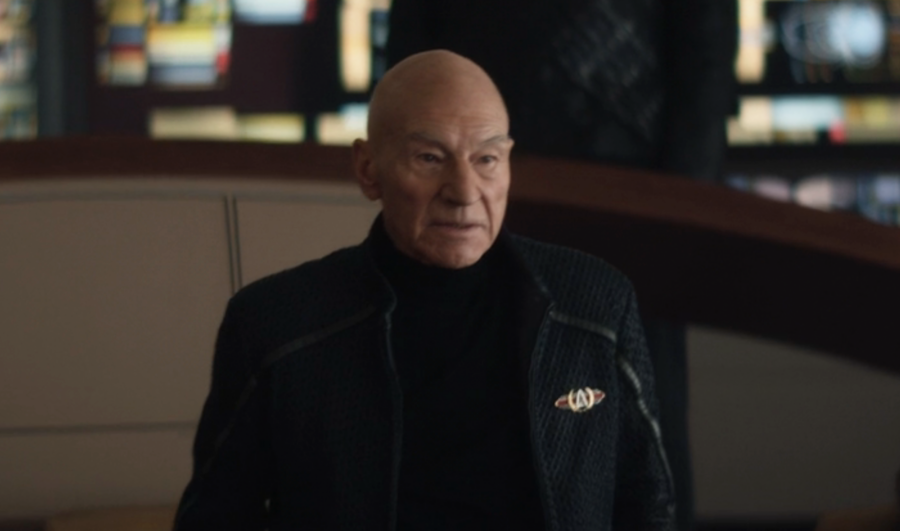
What would the “too much like Star Trek” season of Picard have actually looked like, though?
The primary detail Matalas revealed was that “Guinan’s bar was presented as a normal bar in Los Angeles” but housed a secret interest to “Rick’s Cafe…a stopping point for all these different species that were actually there on Earth with a ‘Do not interfere’ thing happening.”
The only example species that Matalas mentioned is “Romulans,” which is downright exciting as it would have confirmed that some of these aliens had made contact with us before Romulus would go to war with Earth many years later.
Continuity Errors And The Star Trek Fandom
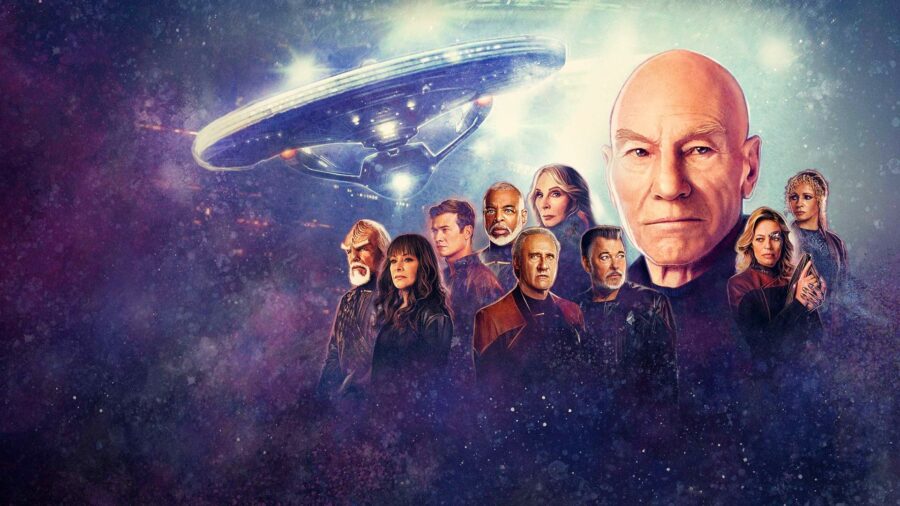
Honestly, I’m not entirely sure how such a season of Star Trek: Picard would shake out without knowing other plot details. On one hand, it’s tempting to say that almost anything would have been better than the incoherent and disordered mess that was the final product.
On the other hand, such a “Star Trek meets Men In Black” premise would probably introduce enough continuity errors to make half the fandom drop dead quicker than Tasha Yar in “Skin of Evil.”
What has me annoyed on principle, though, is the outright admission that Paramount didn’t want Star Trek: Picard to be very much like the Star Trek we know and love. It really seems like the network has the entire current situation reversed and they are thinking that Trek is a major growing brand that needs to diversify its audience by diversifying its brand.
The blunt reality is that Star Trek is more of a legacy brand that relies primarily on the money and interest of existing fans, but Paramount seems determined to alienate those fans at every turn.
Worst Of Both Worlds
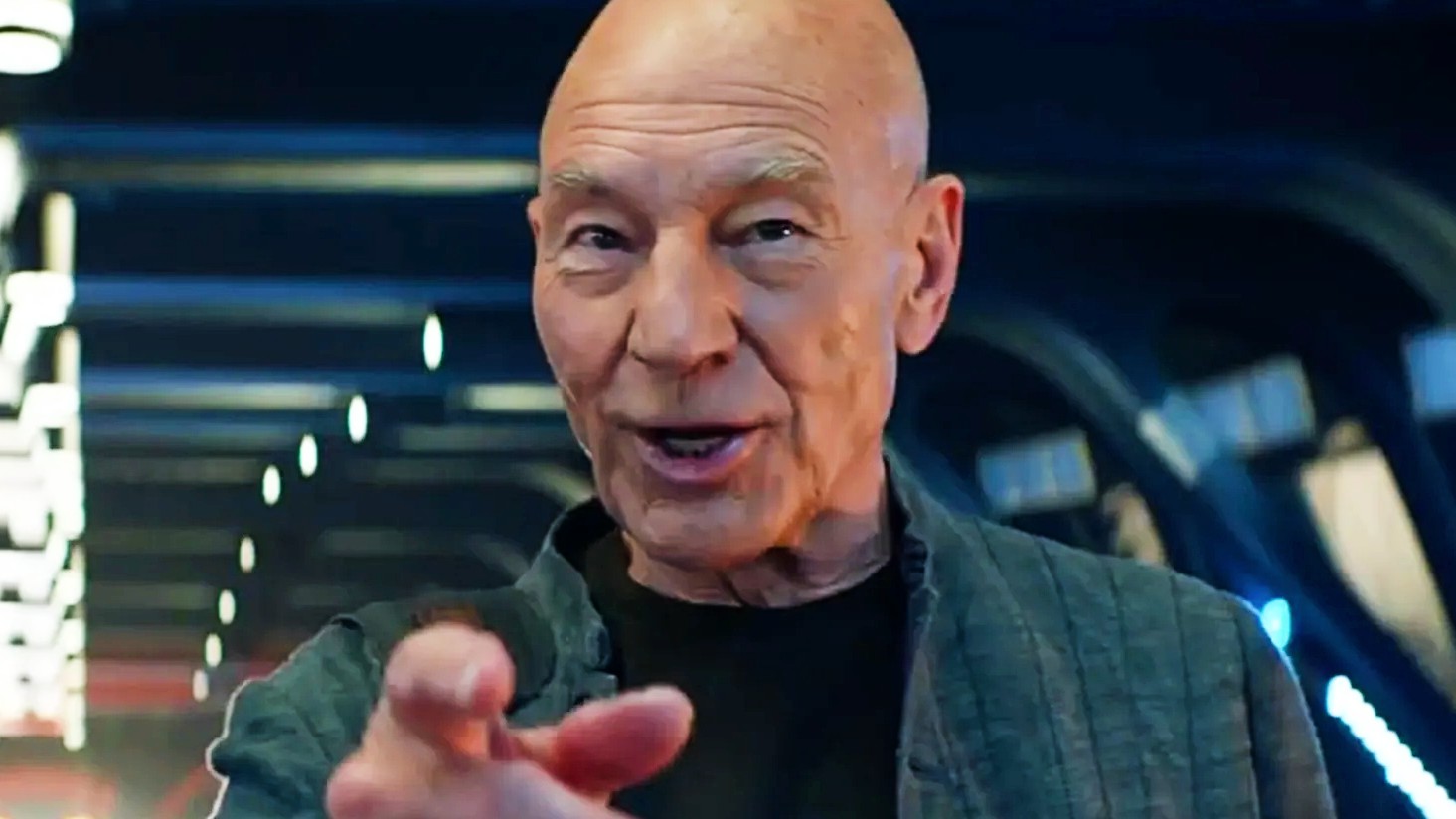
If the second season of Star Trek: Picard is any indication, Paramount’s plans meant that we got a season that might as well have been subtitled “The Worst of Both Worlds.”
Existing Star Trek fans like myself were baffled by everything from the decision to include a new Borg Collective to the way the show treated Rios sticking around to die in a bar fight after World War III breaks out as a happy ending.
Meanwhile, prospective new fans had no idea what to make of a tale involving an alternate universe, time travel, and boring Easter Eggs that even superfans would find tedious.
Difficult Position

All of this served to put Star Trek: Picard showrunner Terry Matalas in an insanely difficult position. He got the job due not just to his extensive Star Trek experience but the fact that he is the ultimate franchise fanboy.
He was in the best possible position to deliver exactly what fans wanted to see, but his arms were consistently tied by a network that simultaneously makes Star Trek their flagship franchise but then hesitates to make content existing fans would actually enjoy.
Potential To Be Great
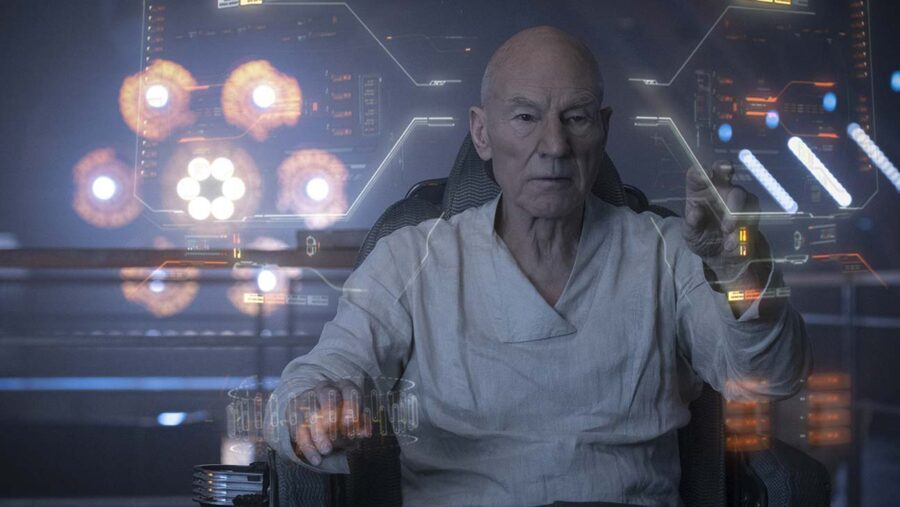
Star Trek: Picard had the potential to be great, but it led off with two mostly awful seasons before finally ending on a high note. Ironically enough, of course, the main strength of Season 3 is that it leaned heavily into legacy characters and familiar Star Trek storytelling.
In other words, this seemingly surefire hit of a show only succeeded when it tried to be more like Star Trek instead of less, and we can only hope that Paramount takes this as an important lesson before investing in another Star Trek TV show or film.
Source: TrekMovie












